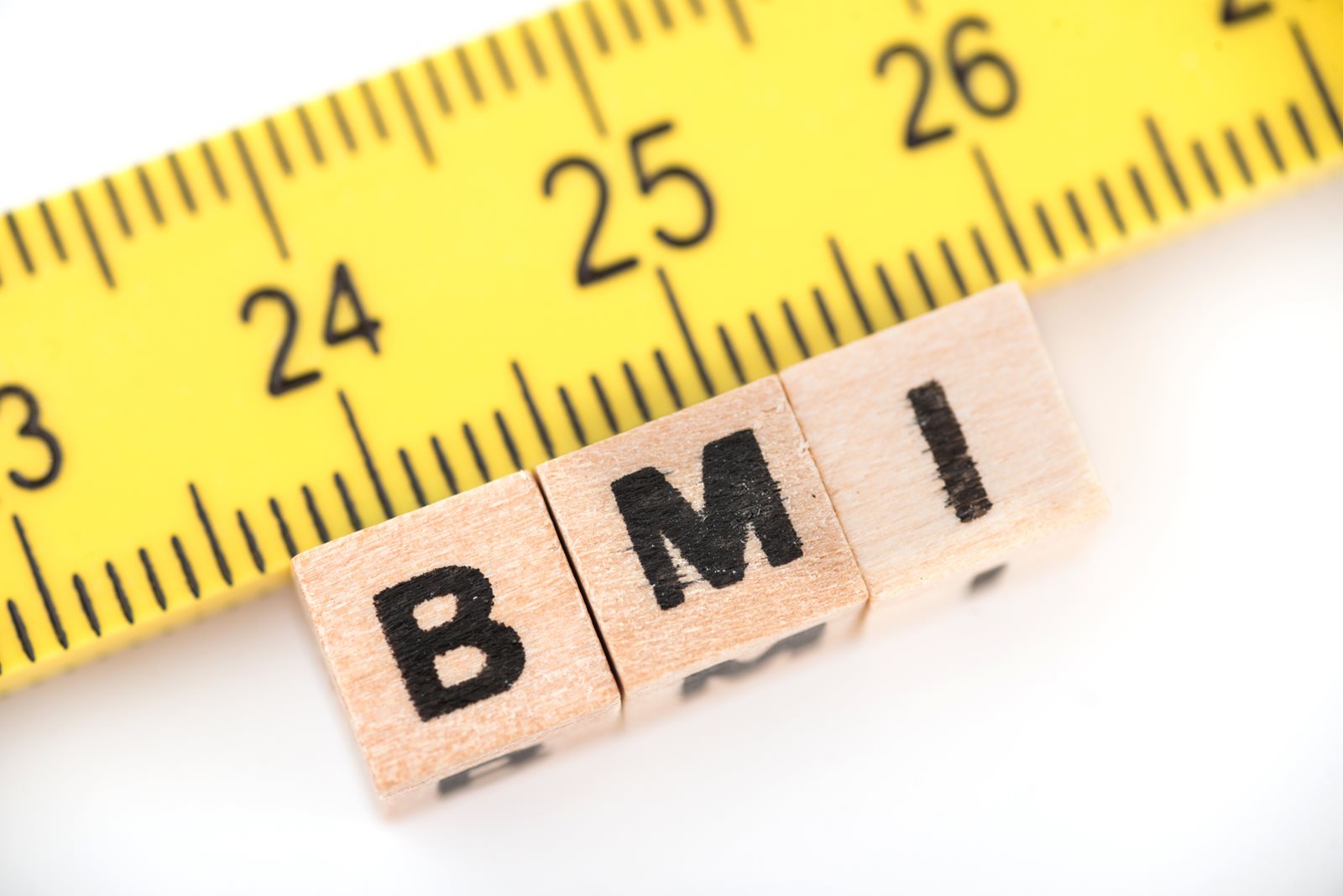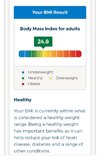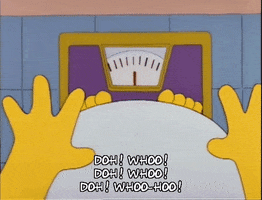GROTTO
TheBrownDog
- Jul 5, 2013
- 66,745
- 89,556
- AFL Club
- Adelaide
- Other Teams
- ¯\_(ツ)_/¯
Got me thinking the other day when I was in the gym, just what is the current percentage of Australians over 18 that are overweight/obese?
I was pretty shocked when I checked online what the data is and its pretty startling to say the least.
I was curious in particular as to what the percentage of Bigfooty posters would honestly consider themselves to be in the overweight category in 2023, I probably think it would clear 70% comfortably, especially given the demographic, but happy to be proven wrong here.
In 2017–18, 2 in 3 (67%) Australians aged 18 and over were overweight or obese (36% were overweight but not obese, and 31% were obese). That’s around 12.5 million adults.
Men had higher rates of overweight and obesity than women (75% of men and 60% of women), and higher rates of obesity (33% of men and 30% of women).
Obesity is more common in older age groups – 16% of adults aged 18–24 were obese, compared with 41% of adults aged 65–74.

 www.aihw.gov.au
www.aihw.gov.au
Probably what is even more startling is that by 2030, the overweight projection is 18 million Australians will be in this category.
https://www.health.gov.au/ministers...besity-strategy-launched-on-world-obesity-day
Australia has the second highest rate of obese men among countries in the Organisation for Economic Co-operation and Development (OECD), placing them just behind the United States.
Australian women fared better, ranking eighth in terms of obesity, just behind New Zealand and Hungary.
 www.heartfoundation.org.au
www.heartfoundation.org.au
I was pretty shocked when I checked online what the data is and its pretty startling to say the least.
I was curious in particular as to what the percentage of Bigfooty posters would honestly consider themselves to be in the overweight category in 2023, I probably think it would clear 70% comfortably, especially given the demographic, but happy to be proven wrong here.
In 2017–18, 2 in 3 (67%) Australians aged 18 and over were overweight or obese (36% were overweight but not obese, and 31% were obese). That’s around 12.5 million adults.
Men had higher rates of overweight and obesity than women (75% of men and 60% of women), and higher rates of obesity (33% of men and 30% of women).
Obesity is more common in older age groups – 16% of adults aged 18–24 were obese, compared with 41% of adults aged 65–74.

Overweight and obesity, Summary
Living with overweight or obesity can have major impacts on a person@s physical and mental health and wellbeing. It is the second leading risk factor for ill-health and premature mortality in...
Probably what is even more startling is that by 2030, the overweight projection is 18 million Australians will be in this category.
https://www.health.gov.au/ministers...besity-strategy-launched-on-world-obesity-day
Australia has the second highest rate of obese men among countries in the Organisation for Economic Co-operation and Development (OECD), placing them just behind the United States.
Australian women fared better, ranking eighth in terms of obesity, just behind New Zealand and Hungary.
Media releases | Heart Foundation
Explore the Heart Foundation's media releases to keep up with our world-leading heart health research, innovative prevention and support programs, and impactful awareness campaigns.
Last edited:











